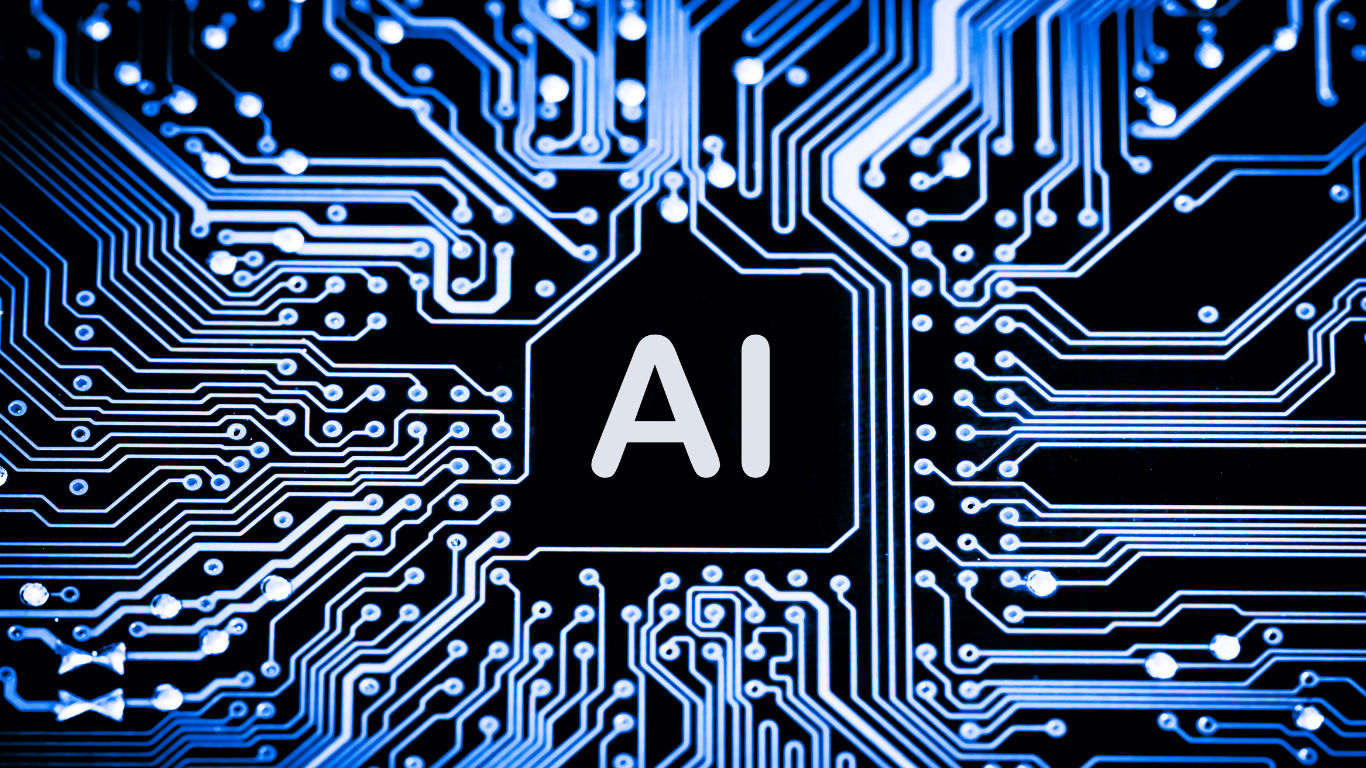Artificial Intelligence (AI) continues to revolutionize industries and shape the way we live, work, and interact with technology. As we enter 2024, the importance of AI has only grown, with businesses, governments, and individuals recognizing its transformative potential across various sectors. From healthcare and finance to education and transportation, AI is driving innovation, improving efficiency, and unlocking new possibilities in countless applications.
Here are some key reasons why AI is increasingly important in 2024:
- Enhanced Automation: AI-powered automation is revolutionizing industries by streamlining processes, reducing manual labor, and increasing productivity. In manufacturing, for example, AI-driven robotics are transforming production lines, leading to higher efficiency, lower costs, and improved quality control. Similarly, in customer service and support, AI chatbots and virtual assistants are automating routine tasks, handling inquiries, and delivering personalized experiences round-the-clock.
- Data-driven Insights: In today’s data-driven world, organizations are inundated with vast amounts of information. AI algorithms analyze data at scale, uncover patterns, and generate actionable insights that enable informed decision-making. In finance, AI-powered analytics identify market trends, predict risks, and optimize investment strategies. In healthcare, AI algorithms analyze medical records, images, and genetic data to diagnose diseases, recommend treatments, and personalize patient care.
- Personalized Experiences: AI is revolutionizing the way businesses engage with customers by delivering personalized experiences tailored to individual preferences and behaviors. E-commerce platforms use AI algorithms to recommend products, personalize marketing messages, and optimize pricing strategies based on customer data. Streaming services leverage AI to curate content, suggest recommendations, and enhance user engagement. By understanding customer needs and preferences, businesses can foster loyalty, drive sales, and differentiate themselves in competitive markets.
- Advancements in Healthcare: In healthcare, AI is transforming patient care, diagnosis, and treatment through innovative technologies such as predictive analytics, medical imaging, and precision medicine. AI algorithms analyze medical images to detect abnormalities, assist radiologists in diagnosis, and improve the accuracy of medical screenings. AI-driven virtual health assistants provide personalized health recommendations, monitor patient vitals, and support chronic disease management, enhancing access to healthcare services and improving patient outcomes.
- Ethical Considerations: As AI technologies become more pervasive, there is increasing awareness of the ethical implications and societal impact of AI-driven decision-making. Issues such as algorithmic bias, privacy concerns, and job displacement are important considerations that require careful governance, transparency, and accountability. In 2024, policymakers, industry leaders, and researchers are collaborating to establish ethical guidelines, regulations, and best practices to ensure responsible AI development and deployment.
In conclusion, AI’s importance in 2024 cannot be overstated. As businesses and society continue to embrace AI technologies, the potential for innovation, growth, and transformation is limitless. By harnessing the power of AI to automate processes, gain insights, personalize experiences, improve healthcare, and address ethical considerations, we can unlock new opportunities and create a more inclusive, equitable, and sustainable future for all. As AI continues to evolve and shape our world, embracing its potential while addressing its challenges will be critical in realizing its full benefits and maximizing its impact on society.

